Polyvagal Theory for Children – DAFNA LENDER (Digital Seminar)
Description:
Do you know therapists who seem to have “the magic touch” when it comes to getting children to trust and connect with them?
What if there are actual behaviors that you can learn and incorporate into your way of being with children that can solicit openness, relaxation and trust?
Watch Dafna Lender, LCSW, for this compelling 3-hour workshop, as she walks you through the complexities of using polyvagal theory with your young clients. Using your own social engagement system and tuning into the child’s physiological state you’ll learn:
- Regulating and calming techniques for more curiosity, openness & connection
- How sending safety messages to brains of mistrusting kids will make them more open to new relational experiences
- To use voice, rhythm, facial expressions and touch to elicit trust
- To surprise the brain of a defensive child with novel responses to grab attention, interrupt their automatic defensiveness, and generate curiosity
- Exercises and activities to make shut down, guarded or angry clients feel more relaxed, open and ready to connect
If you’re working with kids – you don’t want to miss this opportunity. Purchase today!
Outline:
Polyvagal Theory – Application for Children
- Foundational Principles and features
- Applying Polyvagal Theory in Clinical Practice
Harnessing your Social Engagement System
- How to Reset when Compromised by Stress and Trauma
- Elicit Trust – Voice, Rhythm, Racial Expressions, Touch
- Exercises that hone in on various vocal qualities
- Create and maintain an open facial expression with defensive children
- Strategies to incorporate safe touch
Playfulness and Paradox to Suspend Defensiveness
- Surprise the brain of a defensive child with novel responses to:
- Grab attention
- Down-regulate sympathetic activation
- Interrupt automatic defensiveness
- Generate curiosity
Movement and Breathing Exercises to Create Connection
- Ventral vagal activities for open and engaged state
- Promote attachment behavior
- Dorsal vagal activities to pendulate between arousal and relaxation
- Rhythmic activities for maintaining regulation
- Counteracting shut down, guarded or angry behavior (responses)
NLP online course
So what is NLP?
NLP stands for Neuro-Linguistic Programming. Neuro refers to your neurology;
Linguistic refers to language; programming refers to how that neural language functions.
In other words, learning NLP is like learning the language of your own mind!
NLP is the study of excellent communication–both with yourself, and with others.
It was developed by modeling excellent communicators and therapists who got results with their clients.
NLP is a set of tools and techniques, but it is so much more than that.
It is an attitude and a methodology of knowing how to achieve your goals and get results
Preview Information:
Original Page
Archive Page
More Course: NLP – HYPNOSIS – PHILOSOPHY
Outstanding Course:Marisa Peer – Wealth Wiring With Trypnaural Alpha Waves


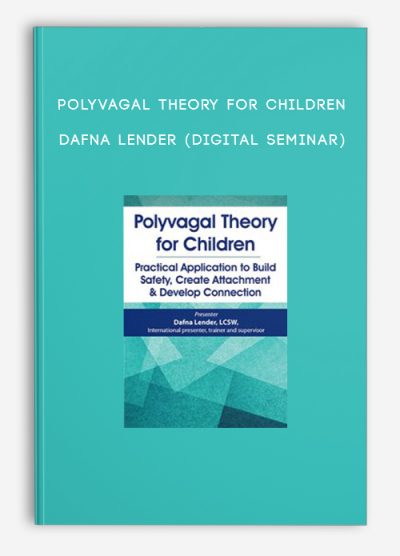

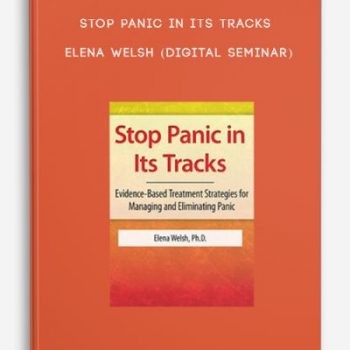
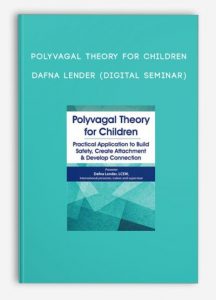
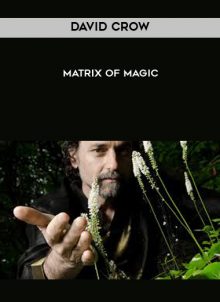

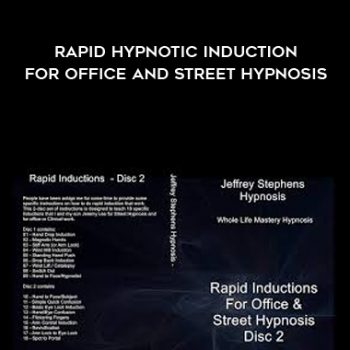
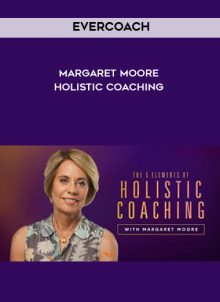

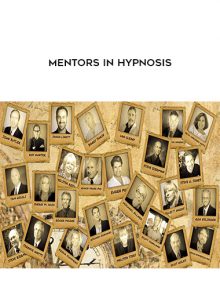


Lord –
This is Digital Download service, the course is available at Vincourse.com and Email download delivery.